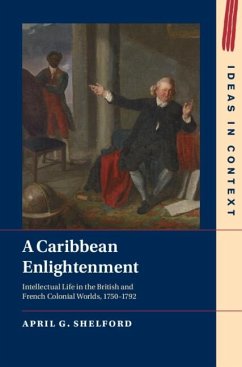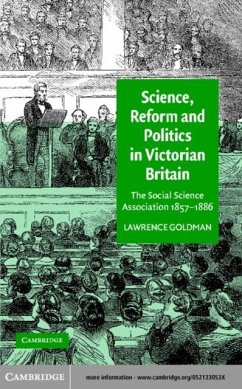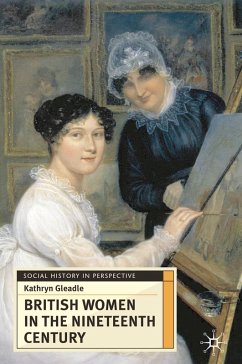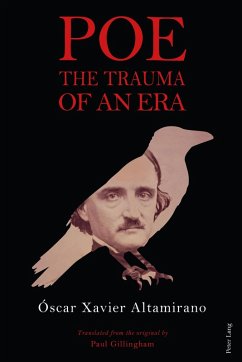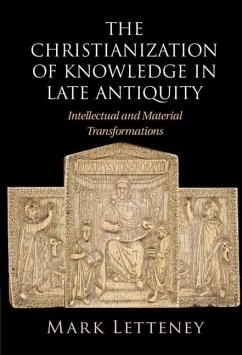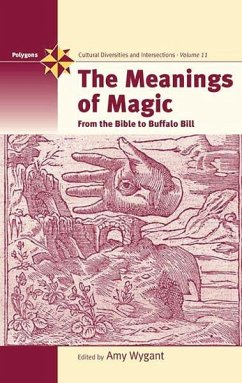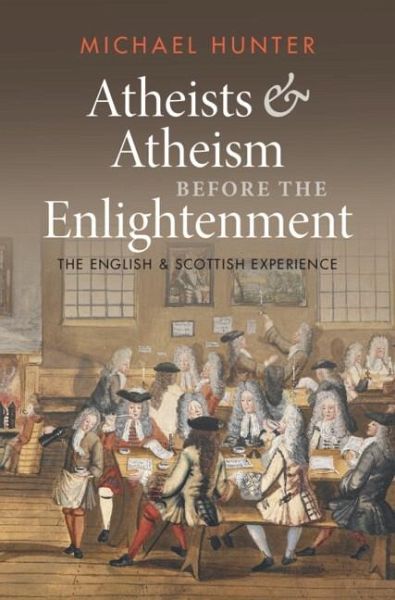
Atheists and Atheism before the Enlightenment (eBook, PDF)
The English and Scottish Experience

PAYBACK Punkte
14 °P sammeln!
Anxiety about the threat of atheism was rampant in the early modern period, yet fully documented examples of openly expressed irreligious opinion are surprisingly rare. England and Scotland saw only a handful of such cases before 1750, and this book oi ers a detailed analysis of three of them. Thomas Aikenhead was executed for his atheistic opinions at Edinburgh in 1697; Tinkler Ducket was convicted of atheism by the Vice-Chancellor's court at the University of Cambridge in 1739; whereas Archibald Pitcairne's overtly atheist tract, Pitcairneana, though evidently compiled very early in the eigh...
Anxiety about the threat of atheism was rampant in the early modern period, yet fully documented examples of openly expressed irreligious opinion are surprisingly rare. England and Scotland saw only a handful of such cases before 1750, and this book oi ers a detailed analysis of three of them. Thomas Aikenhead was executed for his atheistic opinions at Edinburgh in 1697; Tinkler Ducket was convicted of atheism by the Vice-Chancellor's court at the University of Cambridge in 1739; whereas Archibald Pitcairne's overtly atheist tract, Pitcairneana, though evidently compiled very early in the eighteenth century, was first published only in 2016. Drawing on these, and on the better-known apostacy of Christopher Marlowe and the Earl of Rochester, Michael Hunter argues that such atheists showed real 'assurance' in publicly promoting their views. This contrasts with the private doubts of Christian believers, and this book demonstrates that the two phenomena are quite distinct, even though they have sometimes been wrongly conflated.
Dieser Download kann aus rechtlichen Gründen nur mit Rechnungsadresse in A, B, BG, CY, CZ, D, DK, EW, E, FIN, F, GR, HR, H, IRL, I, LT, L, LR, M, NL, PL, P, R, S, SLO, SK ausgeliefert werden.




